-
 10 Wonderful Gifts For Husband This Valentine's Day To Create Lasting Memories(2019)
10 Wonderful Gifts For Husband This Valentine's Day To Create Lasting Memories(2019)
-
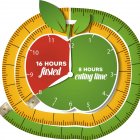 अपने शरीर को एक सही आकार देने के लिए इन 5 प्रकार के इंटरमिटेंट उपवास का प्रयास करें। इंटरमिटेंट उपवास के बारे में लाभ और अन्य महत्वपूर्ण जानकारी।(2020)
अपने शरीर को एक सही आकार देने के लिए इन 5 प्रकार के इंटरमिटेंट उपवास का प्रयास करें। इंटरमिटेंट उपवास के बारे में लाभ और अन्य महत्वपूर्ण जानकारी।(2020)
-
 Want to Drop Weight Fast? Here are 5 Proven Intermittent Fasting Weight Loss Diet Pattern to Lose Weight and Reap the Long Term Benefits of Being Happier and Healthier (2020)
Want to Drop Weight Fast? Here are 5 Proven Intermittent Fasting Weight Loss Diet Pattern to Lose Weight and Reap the Long Term Benefits of Being Happier and Healthier (2020)
Healthy Sleep
A good night's sleep is essential for the wellbeing of your body and mind. But are you truly sleeping well? It is common to get by lesser hours of sleep, especially people working in shifts. Sleeping during the day especially influences the circadian rhythm of your body. But how much valuable sleep are you getting remains to be seen? It is quite difficult to measure the sleeping pattern but with the below indicators you can decide if you have a healthy sleep.
- You are alert and be able to remain productive throughout the day.
- You feel refreshed when you wake up and ready to take on the new day.
- You can sleep within 15-20 minutes of lying down.
- You sleep continuously without too much waking time.
- You sleep for 7-9 hours undisturbed in a day.
- You sleep without snoring or restlessness or pauses in breathing or other nighttime behaviours.
How Long Do You Need to Sleep?
Why is it important to have a healthy sleeping schedule? While the entire sleeping process remains a mystery for the researchers, the question “why do you need to sleep?” is always clear.
- Essential for immunity
- Restores energy
- Improves your critical bodily functions
- Essential to process new information
The National Sleep Foundation recommends that you sleep at least 7-9 hours a day. Any lesser or more than that, you are likely to have a premature death. In children, sleep deprivation impairs the growth. However, 7-9 hours is not the same for everyone. Sleep requirement changes depending on age. Experts from The National Sleep Foundation have recommendations regarding the appropriate sleep durations.
- 0-3 Months: 14 to 17 hours
- 4-11 Months: 12 to 15 hours
- 1-2 Years: 11 to 14 hours
- 3-5 Years: 10 to 13 hours
- 6-13 Years: 9 to 11 hours
- 14-17 Years: 8 to 10 hours
- 18-64 Years: 7 to 9 hours
- 65 and up: 7 to 8 hours
Depending on your sleeping pattern, your sleep-needs might change. If you sleep uninterruptedly without having to wake up, you might need less sleep than someone who wakes up during the night.
Foods that Promote Sleep
Everyone desires to have a proper sleep and wake up refreshed. For someone affected by sleep deprivation, tricking the brain and the body into a circadian rhythm can give a night of longer and better sleep. Not just your everyday activities, but your food can also create an impact in your quality sleep. While heavy meals give you heartburn and keep you up, certain foods help you sleep faster and better. Here are 5 foods that you can eat to sleep better at night.
Nuts(Almonds, Walnuts)
Nuts are a good source of protein, antioxidants and healthy fats, especially almonds and walnuts. A handful of nuts not just satiate your hunger but also increases the sleep hormone melatonin which regulates your circadian rhythm. Almonds and walnuts are rich in magnesium, manganese and phosphorus. Almonds also have riboflavin while walnuts have copper and omega-3 fatty acids. Both these nuts also play a part in reducing cortisol and increasing the production of serotonin. So, a handful of almonds and walnuts improves your sleep quality and reduces your appetite, preventing reaching for junk food.
Tea (Chamomile, Passionflower)
While intake of caffeine is not advised before bedtime, tea is promoted especially chamomile tea and passionflower tea. Both come under herbal teas and are known for their calming properties. They lessen inflammation, boost immunity, reduce anxiety and more. Passionflower tea is associated with the production of GABA, a brain chemical that inhibits glutamate, a stress-inducing brain chemical. Chamomile tea contains antioxidant apigenin, that reduces insomnia and promotes sleep. It is worth having a cup of chamomile tea and passionflower tea instead of a nightcap to improve your quality of sleep.
Kiwi
It is natural to reach for fruits to satiate your night hunger. But not all fruits are as beneficial for your sleep as a Kiwi. A medium kiwi meets your daily need for Vitamin C with over 117% and 38% of vitamin k. It is also a source of potassium and folate. In addition to the sleep-inducing brain chemical serotonin, the presence of carotenoid antioxidants and high fibre also play an important part in its sleep-promoting properties. Kiwi being a low-calorie food, it is only 50 calories. 2 medium-size kiwis an hour before sleeping, do wonders for a night of uninterrupted sleep.
Fatty Fish
Fatty fish are very healthy and should be an important component in our daily food. This is due to the presence of omega-3 fatty acids and vitamin-D, the combination of which increases serotonin production. The omega-3 fatty acids especially EPA and DHA are known to reduce inflammation and boost brain health. Vitamin-D also helps you sleep easily and deeply.
Tart Cherry Juice
Another unexpected entry to the list is the Tart Cherry juice. It is an important source of nutrients like vitamin A, vitamin C and manganese. Besides that, it is also rich in antioxidants such as anthocyanins and flavonols. The sleep melatonin is also present here hence is good for people suffering from insomnia. If you are someone who suffers from insomnia, a glass or 2 of tart cherry juice works wonders in improving your sleep quality.
10 Secrets for a Good Night’s Sleep
A night of uninterrupted sleep is a dream for many. Disturbed sleep can drag you down the entire day. As you grow older, you develop habits that prevent you from having a healthy sleep. But you can develop healthy habits by adopting the following tips in your daily life.
Black Out Blue Light
Your body has an internal clock also called the circadian rhythm, which regulates your sleep/wake cycle with the help of environmental cues. One such cue is the blue light which is emitted from the laptop/mobile/tablet screens. The sunlight also has blue light among its various wavelengths. Blue light in the morning keeps you awake and helps you stay alert. But when you receive the same at night, your circadian rhythm is disturbed, inhibits melatonin production and can lead to insomnia, eventually.
Make sure you have lesser exposure to blue light at night. Install apps such as “f.lux”. They automatically adjust your screen settings based on the time zone. At night it reduces the blue light, giving an orange hue to your screens. Do the same for your tablets and mobile phones. Another option is to keep your bedroom device free and use blackout curtains for your windows. A sleep mask also works.
Proper Bedtime
While we are keen on setting a proper bedtime for our kids, we ignore to do so for ourselves. Having an irregular sleep and waking time also works against your circadian rhythm. The circadian rhythm works on a steady loop to align itself with the sunrise and sunset, but an erratic sleep pattern can alter it and inhibit the production of melatonin.
Have a set sleep and wake up time for weekdays and weekends alike. Prevent sleeping in if you can. If possible, wake up and sleep at the same time throughout the week.
Stop Caffeine
Caffeine is a known stimulant and most prefer to have it first thing in the morning for that perk. The same works against your sleeping pattern for the same reason. Coffee can trigger your nervous system and can keep you from relaxing at night.
Coffee can stay in your system for 6-8 hours depending on your caffeine sensitivity. Avoid having coffee after 3 pm, especially if you have trouble sleeping. In addition to that look for hidden caffeine in foods like tea, cola, chocolate and even a few pain relievers.
Say No to Nightcaps

Nightcaps equate to alcohol for most people. But only a few know that alcohol is also a stimulant. While it might initially bring on the sleep, it increases the number of awakenings resulting in a night of bad sleep. Having a drink or two at night affects melatonin production, which negatively impacts the quality of sleep. It also inhibits the production of HGH or Human Growth Hormone.
Avoid alcohol within 3 hours of bedtime, and limit it to two hours. If you are suffering from sleep apnea or related issues, avoid alcohol at nights as it is known to increase the symptoms.
Get Comfortable
Your bedroom is the last place you think to decorate. But studies show that a comfortable bedroom environment plays an important part in a good night’s sleep. They include a quiet and dark bedroom with optimal furniture. With such an environment you can see a visibly better quality of sleep. Apart from that, a good mattress can enhance your sleep. Poor sleeping conditions result in shoulder pain and back pain.
Get blackout curtains or heavy curtains for your bedroom. Diminished light is a good visual clue for your circadian rhythm. Keep it well-ventilated and do not forget to change your mattress within 8-10 years of purchasing.
Wind Down
You are on the run throughout the day, getting work done, stressing about everything and so. This creates a flight or fight response within you and prevents you from sleeping. Stress is a powerful stimulus and helps secrete the stress hormone cortisol. A pre-set routine always helps you relax and improves sleep quality.
Set aside an hour or two before bedtime and start winding down. Take a warm bath, a nightly routine, read some books, relaxing music and breathing exercises; These can help you relax and lull you to sleep.
No More Naps
While power naps are associated with alertness, long napping affects sleep quality. Long naps confuse your circadian rhythm and you may stay awake for longer periods of time. This goes for people who find it difficult to fall asleep. If you are someone who likes to have an afternoon nap limit it to 30 minutes or an hour utmost. And no napping after 3 pm.
Maintain Your Posture
Maintaining your posture applies not only when you are up and about during the day. A bad back or a stiff neck might not wake you up but definitely affects your sleep quality. Your pillow should not be too high or too flat. It should place your neck at the right level for it to remain in a neutral position.
Sleep either on your back or your side but never on your stomach. You cannot maintain a straight spine in the latter case. If you suffer from a lower back pain that prevents you from sleeping on your side, keep a pillow between your knees. It helps remove stress on the lower back.
Reserve Your Bed for Sleep
Create an association between your bedroom and sleep. Avoid other activities like snacking, late-night television, gadgets and working out in the bedroom to strengthen the association. Most of all, do not bring your work to the bedroom. This can help you sleep better. Also, do not encourage pets in the bedroom, especially on your bed. Opting for a gadget-free bedroom keeps stress, anxiety and excitement away, letting you have a sound sleep.
Ditch Your Cigarettes
Nicotine is a potent stimulant, after all, a hint of nicotine is enough to make you alert.Smokers also develop insomnia, especially if they smoke closer to bedtime. They also have the risk of developing sleep disorders such as sleep apnea.
Many try to stop smoking but in vain. Get the help of a trained professional, and until then avoid smoking a few hours around bedtime.
Sleep Better Naturally
Not able to fall into a deep and peaceful slumber? Are the stress and anxiety from daily life intruding on your thoughts? Apart from the above tips and foods, there are a few more ways you can sleep better naturally.
- Yoga: Among its many benefits, yoga is known to improve one’s sleep quality. They also help you to relax and unwind after a long day of work. Instead of workout-like yoga, go for a slow, stretch-like yoga that promotes mindfulness.
- Meditation: Meditation involves slow and steady breathing in a quiet environment. You pay attention to your breathing, thoughts and feelings. A meditative life along with a healthy lifestyle promotes healthy sleep and aids you in reducing stress.
- Melatonin Supplements: When nothing works, try taking melatonin supplements. Melatonin is the hormone that helps you fall asleep. Taking it as a supplement improves your sleeping pattern. But take the lowest dose and not for long periods of time. Higher doses have side effects including depression, headaches and more.
- Darken It Up: Bright light at night interferes with your circadian rhythm, confusing your brain. If you tend towards being awake longer at night or having difficulty going back to sleep consider making your bedroom as dark as possible. Avoid bright lights even when going for bathroom breaks.
- Exercise: Exercise is essential for a healthy body. It gives you energy and aids in weight loss. Regular exercise also promotes good sleep. Engage in moderate exercise for 20 minutes a day peppered with vigorous aerobic workouts and strength training.
Identify Insomnia
You may have had difficulty falling asleep for a long time. But when is it insomnia? Insomnia refers to the condition when you cannot fall asleep or stay asleep. People usually feel dissatisfied with the quality of sleep and feel tired when waking up. If you have insomnia, you may face one or more of the following symptoms.
- Difficulty Falling Asleep
- Difficulty Staying Asleep
- Fatigue
- Low energy
- Mood Swings
- Difficulty Concentrating
- Decreased Performance
Insomnia may be acute or chronic. Acute insomnia is short term and happens because of changes in daily life. It doesn't need any treatment and goes away on its own. Chronic insomnia, on the other hand, happens at least 3 nights a week for a minimum of 3 months. It may happen due to an unhealthy life, unhygienic sleeping habits and certain medications. It might also be associated with psychiatric issues or any medical condition. Chronic insomnia needs to be treated by a trained professional.
-
 Ever Wondered How to Make Paneer at Home? Here is the Complete Guide to Take Out Soft and Creamy Paneer from Milk at Home (2021)
Ever Wondered How to Make Paneer at Home? Here is the Complete Guide to Take Out Soft and Creamy Paneer from Milk at Home (2021)
-
 Gained Extra Weight in the Lockdown? Best Slimming Tea to Get in the Right Shape and Live a Healthier Life
Gained Extra Weight in the Lockdown? Best Slimming Tea to Get in the Right Shape and Live a Healthier Life
-
 From Usage in Skincare to Treating Wounds Quickly, Castor Oil Has a Lot of Applications You May Have Never Heard of: Benefits of Using Castor Oil (2021)
From Usage in Skincare to Treating Wounds Quickly, Castor Oil Has a Lot of Applications You May Have Never Heard of: Benefits of Using Castor Oil (2021)
-
 जिम जाने के लिए चुने यह 10 2020 के सबसे बेस्ट जिम बैग्स जो है दिखने में बेहद शानदार और बेहतरीन। साथ में कुछ सुझाव और अन्य जानकारी ।(2020)
जिम जाने के लिए चुने यह 10 2020 के सबसे बेस्ट जिम बैग्स जो है दिखने में बेहद शानदार और बेहतरीन। साथ में कुछ सुझाव और अन्य जानकारी ।(2020)
-
 Get That Well Toned and Perfectly Sculpted Body in the Comfort of Your Home. Your Quick Guide to the Best Home Gym Equipment in India and Why You Need to Get One Now (2021)
Get That Well Toned and Perfectly Sculpted Body in the Comfort of Your Home. Your Quick Guide to the Best Home Gym Equipment in India and Why You Need to Get One Now (2021)
Try to Sleep Early, Wake up Early
Sleeping and waking up early will make your routine better. It is advisable to wake up early morning rather than late morning or afternoon. So always make habit of sleeping as early as possible. Finish your work timely. It is proven fact that in the morning time, the mind works much more active than other time of the day. We generally neglect our sleeping pattern and priorities other works over sleep but it will make our work inefficient and it will reduce our productivity.

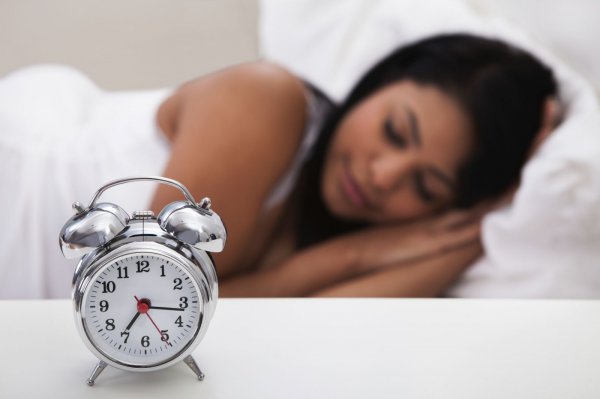
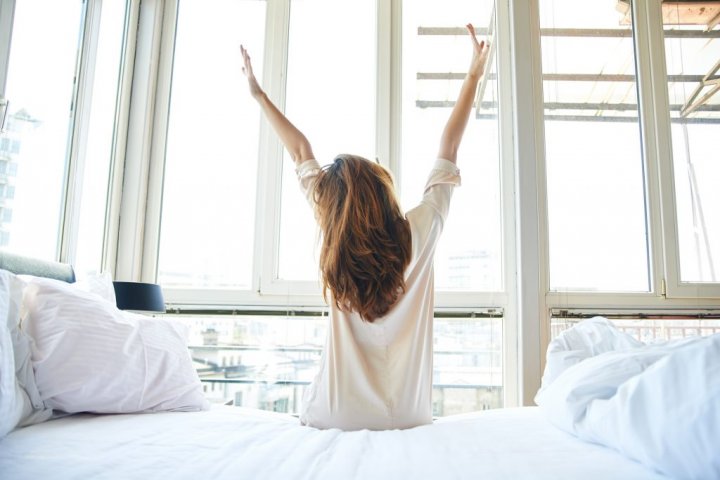



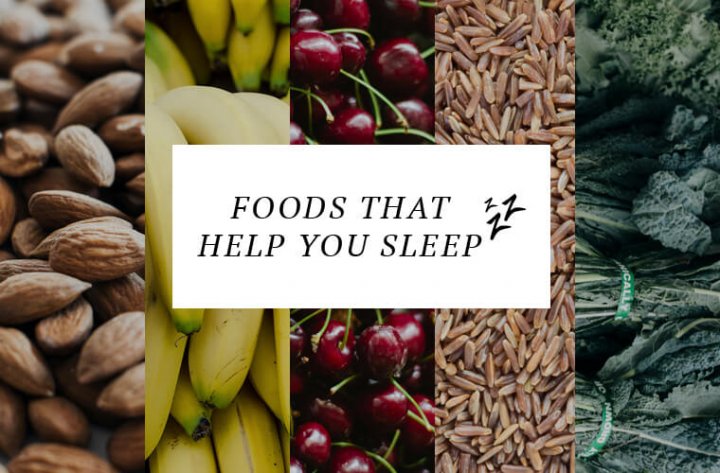
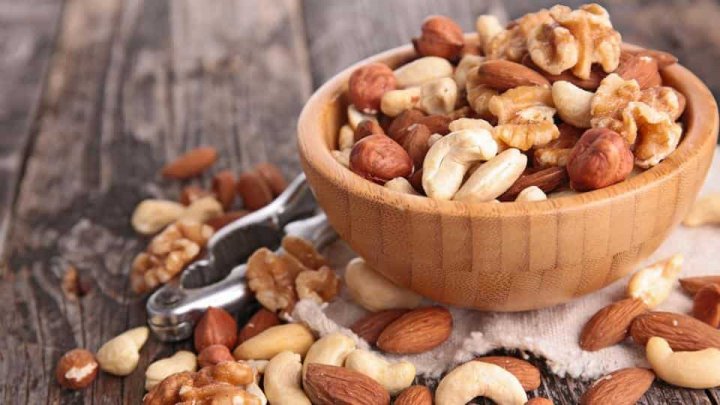

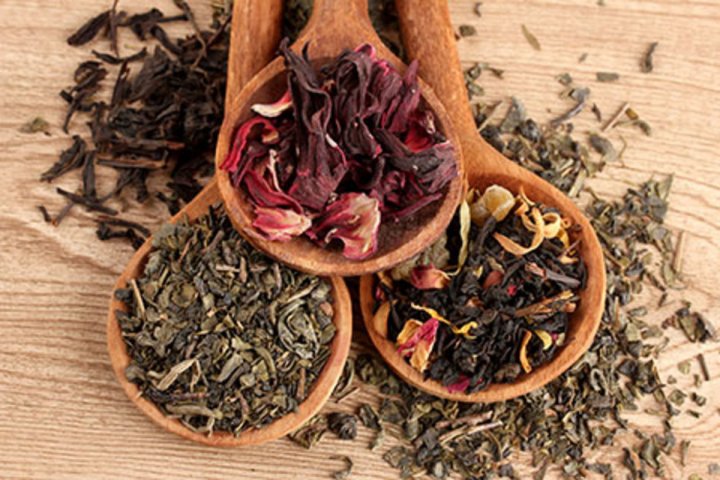





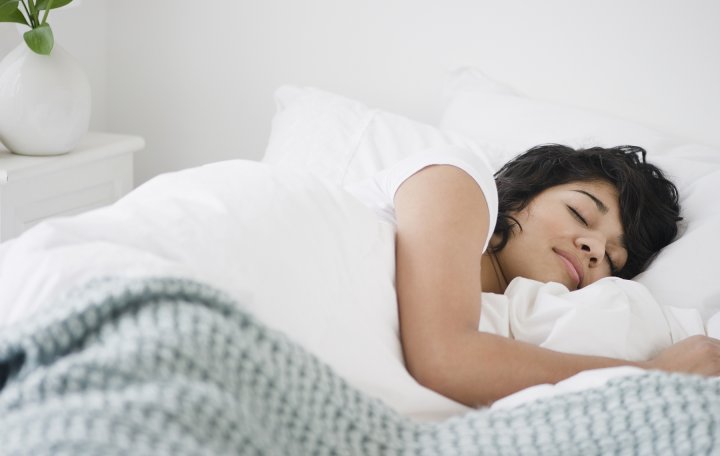


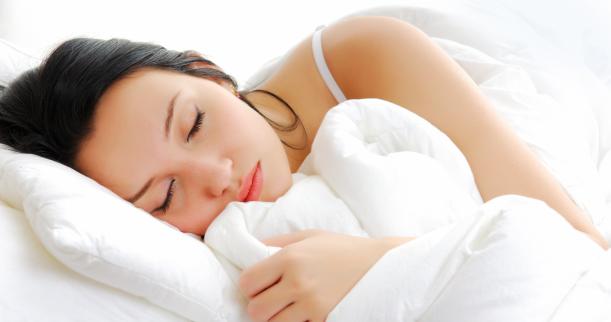


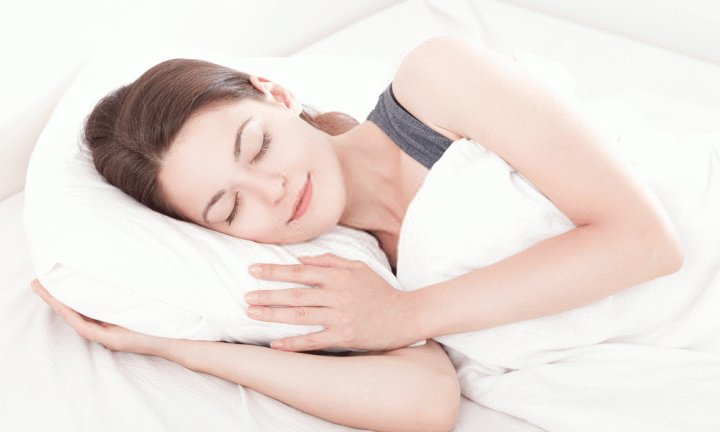

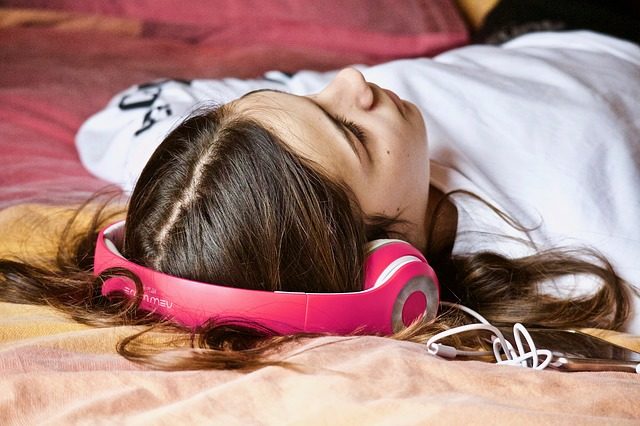
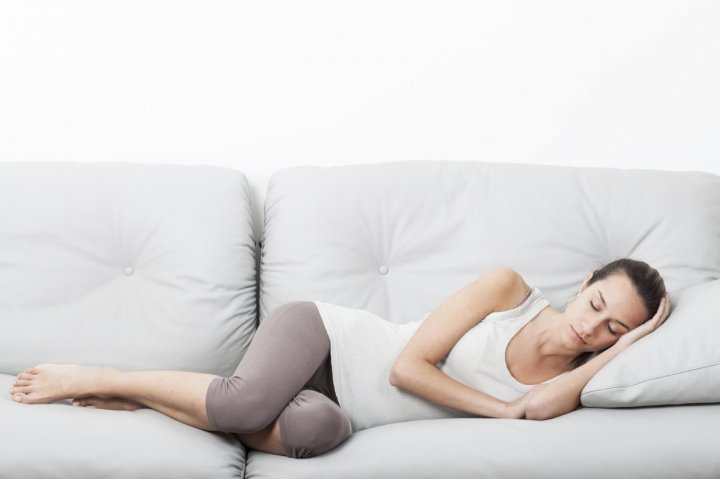

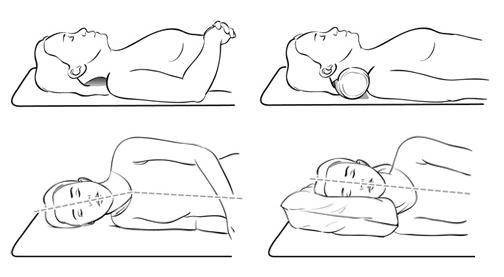
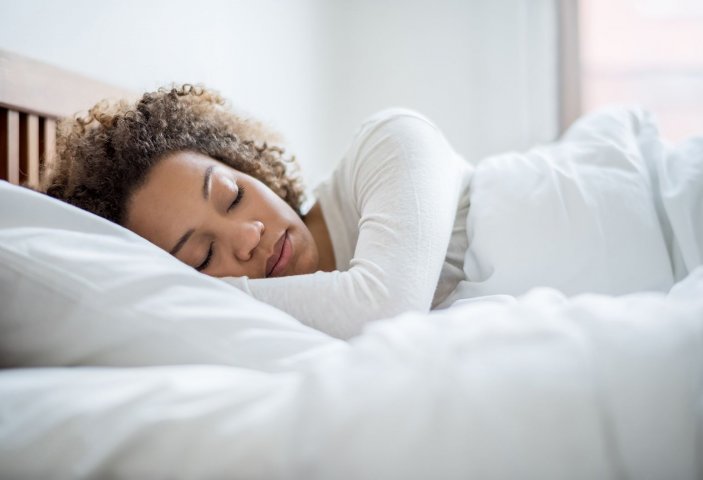


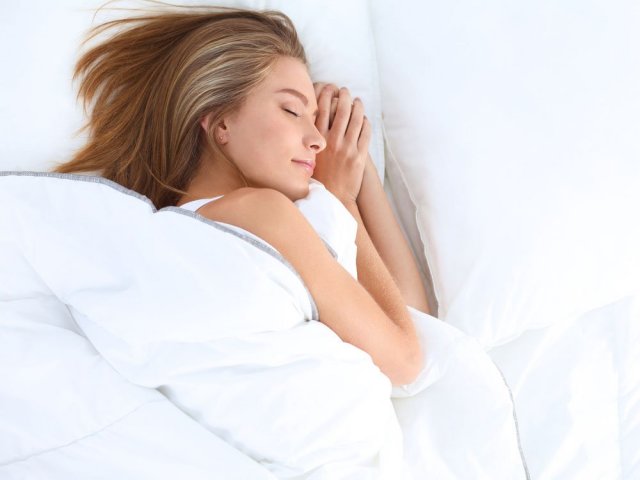

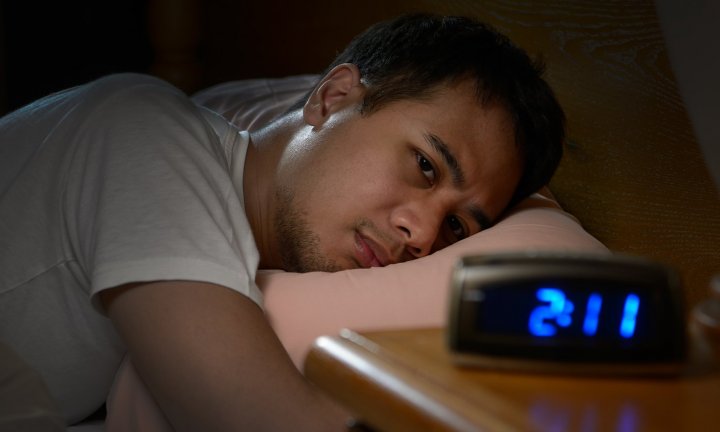
 Highlight the Best Facets of Your Incomparable Beauty: Discover the Best Face Highlighter Currently Available in India and Everything You Need to Know About Using Face Highlighters for Maximum Effect (2023)
Highlight the Best Facets of Your Incomparable Beauty: Discover the Best Face Highlighter Currently Available in India and Everything You Need to Know About Using Face Highlighters for Maximum Effect (2023)
 Forget the Blemishes and Get that Picture Perfect Flawless Radiance on Your Face: Check out the Best Foundations for Oily Skin Currently Available in India and Everything You Need to Know About Makeup Foundations (2023)
Forget the Blemishes and Get that Picture Perfect Flawless Radiance on Your Face: Check out the Best Foundations for Oily Skin Currently Available in India and Everything You Need to Know About Makeup Foundations (2023)
 Make Your Presence Felt Wherever You Go: Discover the Best Perfumes Under 2000 for Both Men and Women to Announce Your Arrival and Make Any Occasion Memorable (2023)
Make Your Presence Felt Wherever You Go: Discover the Best Perfumes Under 2000 for Both Men and Women to Announce Your Arrival and Make Any Occasion Memorable (2023)
 Protect Your Oily Skin from the Harmful Rays of the Sun: Discover the Best Gel Based Sunscreens for Oily Skin and Everything You Need to Know Before Buying One (2023)
Protect Your Oily Skin from the Harmful Rays of the Sun: Discover the Best Gel Based Sunscreens for Oily Skin and Everything You Need to Know Before Buying One (2023)
 Minor Blemishes and Wrinkles Affecting Your Confidence? Check out the Best BB Creams to Conceal Your Worries and Nourish Your Skin to Restore the Healthy, Radiant and Glowing Complexion Back Again (2023)
Minor Blemishes and Wrinkles Affecting Your Confidence? Check out the Best BB Creams to Conceal Your Worries and Nourish Your Skin to Restore the Healthy, Radiant and Glowing Complexion Back Again (2023)
